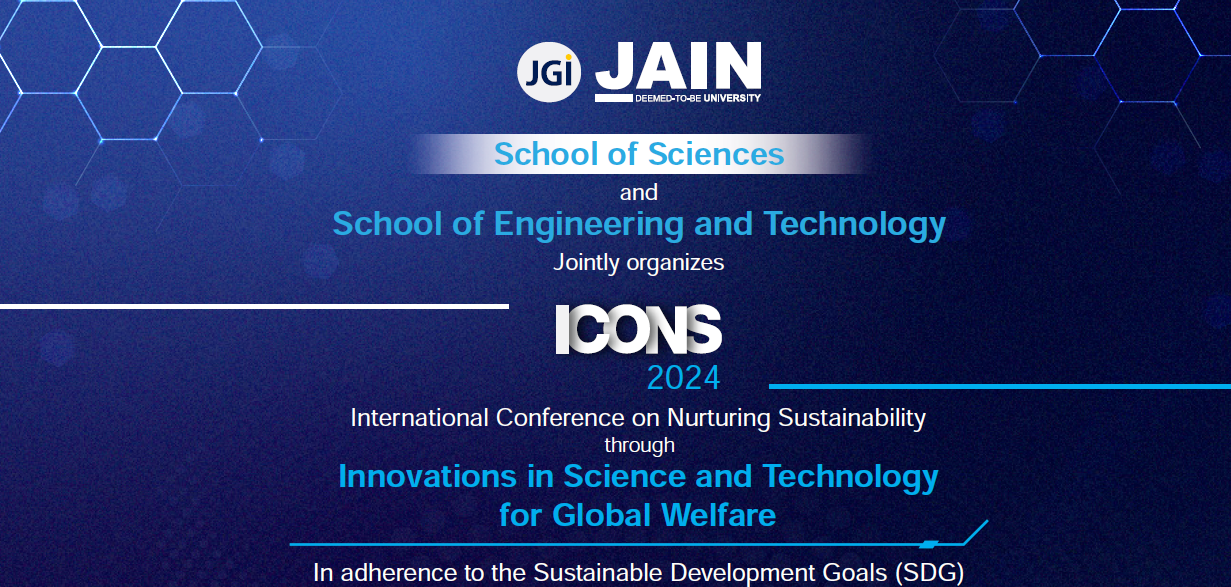Speaker
Description
The integration of Explainable Artificial Intelligence (XAI) into healthcare has emerged as a critical advancement, addressing the growing concerns over the "black-box" nature of AI systems. As AI technologies become increasingly prevalent in clinical settings, their complex decision-making processes often remain opaque, creating challenges for healthcare professionals who rely on these systems for accurate and reliable diagnoses and treatment recommendations. The lack of transparency can lead to distrust, limiting the adoption of AI in critical healthcare applications. This is particularly concerning in areas like diagnosis, treatment planning, and personalized medicine, where understanding the rationale behind AI-generated decisions is crucial for ensuring patient safety and informed consent.
XAI offers a solution by providing interpretable and transparent AI models, enabling healthcare professionals to understand and trust the decisions made by AI systems. This, in turn, enhances diagnostic accuracy, improves patient outcomes, and facilitates better communication between healthcare providers and patients. By making AI systems more transparent, XAI also helps in addressing ethical concerns, such as the need for informed consent and patient autonomy. Furthermore, XAI aligns with regulatory frameworks, such as the Health Insurance Portability and Accountability Act (HIPAA) and the General Data Protection Regulation (GDPR), which emphasize the importance of transparency, accountability, and data protection in AI-driven healthcare systems.
Despite its potential, the implementation of XAI in healthcare faces several challenges. These include the need for high-quality datasets, the complexity of developing models that balance interpretability with accuracy, and the necessity of interdisciplinary collaboration among clinicians, data scientists, and policymakers. Additionally, there is resistance to AI adoption within healthcare due to cultural and organizational barriers. Future research must focus on overcoming these challenges to fully realize the potential of XAI in transforming healthcare, making it not only more effective but also more ethical and trustworthy. By fostering a collaborative research environment, XAI can significantly enhance patient care and safety in the evolving landscape of AI-driven healthcare.

